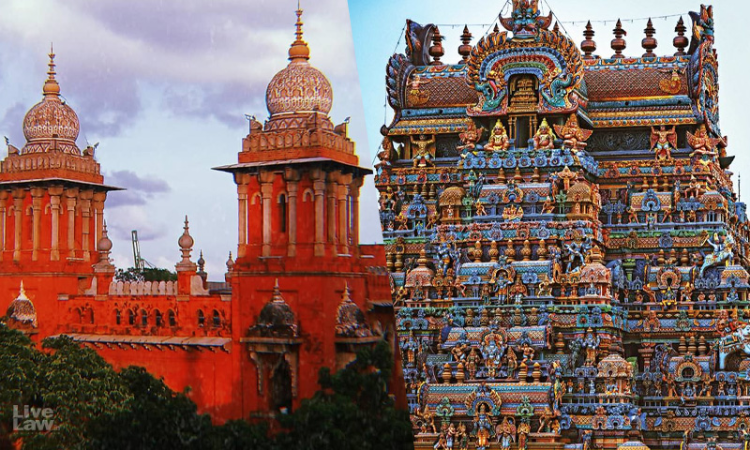The Madras High Court recently reprimanded the growing practice of temple properties being leased out for commercial purposes which are unrelated to the objective of worship, thereby degrading the heritage value of the temples. A Bench comprising Justice T.S Sivagnanam and Justice S. Anathi observed with anguish, "The Authorities' unmindful of the heritage value of various temples...

